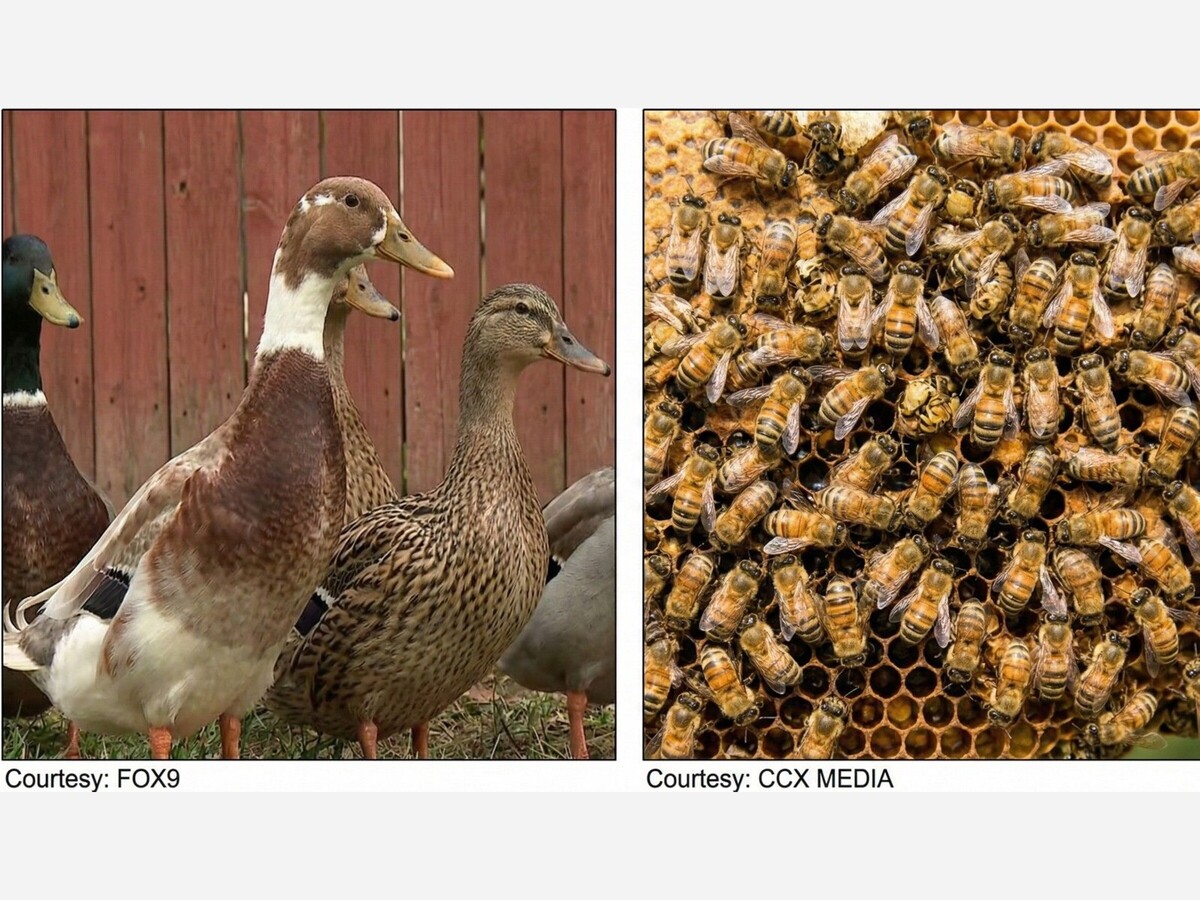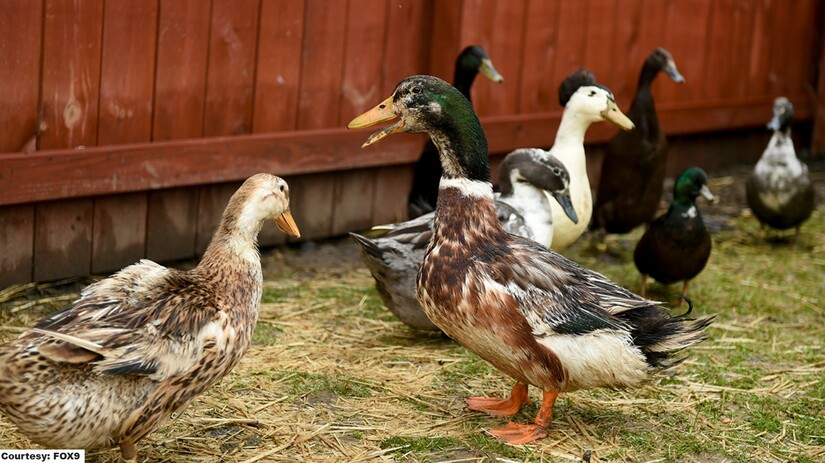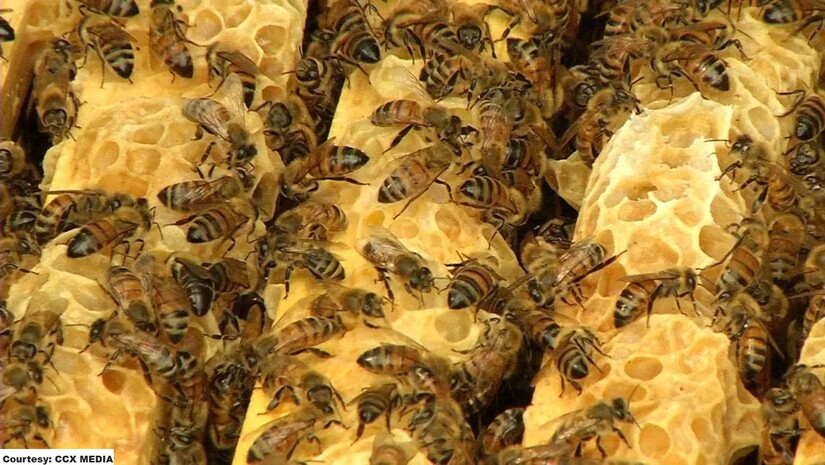Image


Crystal, MN — The Crystal City Council has officially adopted a revised animal control ordinance that significantly expands what residents may keep in their backyards. With a final vote on November 18 and minimal opposition, the Council approved changes allowing homeowners to keep ducks for the first time and formally legalizing beekeeping within city limits—an update city officials say reflects changing community interests and regional trends in urban agriculture.
The ordinance is now fully approved and will take effect following city publication requirements.

For years, Crystal residents were limited to keeping up to four chickens, with ducks prohibited entirely. Under the newly adopted ordinance, households may now keep:
To minimize noise issues, roosters remain strictly prohibited.
All fowl must be housed in a secure shelter or coop, designed to protect the birds from weather and predators while ensuring sanitary and odor-controlled conditions for neighboring properties. City staff based the revised language on comparable standards used in nearby Richfield, which has recently updated its own poultry regulations.
The expanded fowl provisions were prompted by increasing resident interest in small-scale urban agriculture and the growing normalization of backyard birds across Twin Cities suburbs.

For the first time, Crystal’s municipal code now contains a standalone section regulating urban beekeeping. Prior to the vote, beekeeping existed only informally in the city—something Crystal City Manager Adam Bell noted had not resulted in any complaints.
Under the newly adopted rules, residents may keep:
To maintain safe distances between bees and the public, the ordinance restricts hive placement:
During the council’s review process, a local beekeeping expert testified that a 10–15 foot flyway—the controlled path bees take as they exit the hive—is generally sufficient to ensure bees travel upward and away from human traffic areas, helping to reduce concerns among neighbors.
The new guidelines also require responsible hive management practices such as preventing swarming and maintaining gentle bee colonies, aligning Crystal’s rules with state best practices.
The final ordinance passed with little debate. During the November 18 meeting:
City leadership emphasized that the new regulations strike a balance between resident interests and neighborhood quality-of-life considerations. Staff research and comparisons with other metro-area ordinances also shaped the final language, which council members described as reasonable, measured, and adaptable.
|
Animal Type |
Previous Limit |
New Limit |
Key Restrictions |
|
Chickens |
4 |
6 |
No roosters; secure coop required |
|
Ducks |
Not allowed |
6 |
Coop required |
|
Total Fowl |
4 |
10 combined |
Must be safely housed |
|
Honey Bees |
Not addressed |
4 hives |
No front yards; 10 ft. setback; flyway/barrier rules |
Crystal’s updated ordinance places the city in line with a growing number of Minnesota municipalities embracing regulated backyard farming. Supporters say the changes accommodate resident interests, strengthen community sustainability efforts, and create opportunities for environmental stewardship through pollinator support.
The Crystal City Council’s approval marks a substantial modernization of the city’s animal-keeping code—one that reflects evolving community values and the rising popularity of locally driven food and ecology initiatives.